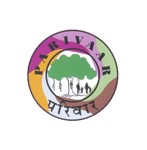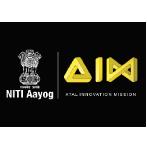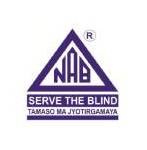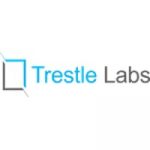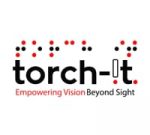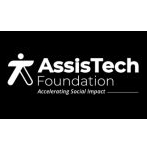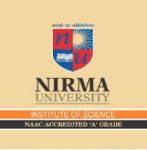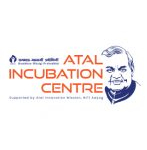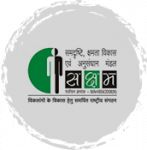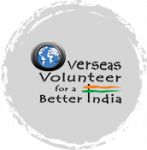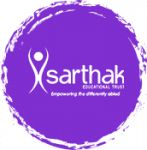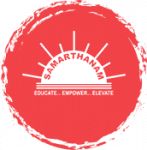Every project will include primary data collection in the form of interviews and surveys. This will be accompanied by secondary data as well.
Trends in Assistive Technologies
Find trends, technologies to enable PWD, affordability data, and overall supply parameters for policymakers and corporate leaders to adopt inclusive policies
- As of 2018, according to the World Health Organization, only 1 in 10 people in need have access to assistive products. With the exponential evolution of technology in the last decade combined with the growing demand that exists for AT, the goal of this research is to learn about how costs in producing AT can be reduced and how this can help individuals overcome disability. The product of this research should be to sensitize policy makers to understand that these solutions are available and that the government should budget for them. Another key audience for this research are employers by helping them understand that they can make their employees functional with software and hardware products available for employees with disabilities.
Federal and State Programs for PWD
Analyze the distribution of federal and state budgets allocated towards promoting inclusion of PWD
- The goal of this research is to organize and analyze the budgetary allocation, trends in the last decade, and measurable impact of federal and state programs for persons with disabilities.
- The product of this research should include effectiveness of programs, policy recommendations, and generate a comparative analysis for selected states (California and Texas).
Representation of PWD in CSR Programs
Analyze how various companies prioritize PWD inclusivity through their CSR programs
- With growing focus on diversity and inclusion, inclusion of PWD has also become a focus area for corporations. Many companies have started their PWD as well as adopted CSR programs which are focusing on mainstreaming of PWD in the communities they serve.
- This project will identify CSR programs offered by leading companies from each of the following sectors: Healthcare/Pharma, Technology, Retail, Banking/financial services and Manufacturing. The research process of this project would entail interviewing companies from these sectors about the CSR programs they offer and will analyze emerging trends of resource allocation into CSR programs.
Representation of PWD in Advertisements
Analyze the current advertising landscape (print and digital) for persons with disabilities (PWD) and evaluate business benefits through such inclusion
- The inclusion of PWD in advertising is scarce and rare. Historically brands have excluded those with disabilities in their everyday advertising. However, recently, we’ve seen more brands expand their casting to include those on the autism spectrum to amputees and almost everything in between. Techbrands like Microsoft and Google as well as non-tech ones including Target, Nike, and the NFL have led the charge (in terms of number of ads) in the past year with the “intensity” of portrayal ranging from simple inclusion to creating an ad centered around the narrative of someone’s disability. VOSAP has identified the momentum for inclusive advertising and is eager to evaluate emerging trends, business outcomes of inclusion of PWD in print and digital advertising. This research would entail primary research in the form of interviewing AD agencies and marketing leaders in the US and India; the research would entail secondary research in the form of representation of PWD in print and digital media.
Non-Compliance with Employment-Related ADA
Analyze why companies hesitate to employ PWD and what challenges PWD face when trying to get hired.
- Two-thirds of college graduates with disabilities are not employed. The top two reasons businesses are hesitant to hire PWDs, according to a 2003 analysis by Rutgers University, are that (1) PWDs are less productive and (2) PWDs will incur “costly adaptations.” There are a plethora of reasons as to why PWD are not able to participate in the workforce and this research project will aim to explicate those reasons to build an informed cadre of employers who will create an inclusive working environment.
- This project requires interviews with disability-related NGOs, PWD, lawyers, and hiring managers to better understand the reasons for very poor employment of PWD. The research will aim to bridge the gap between PWD and employers in an effort to promote inclusion in the workplace.




